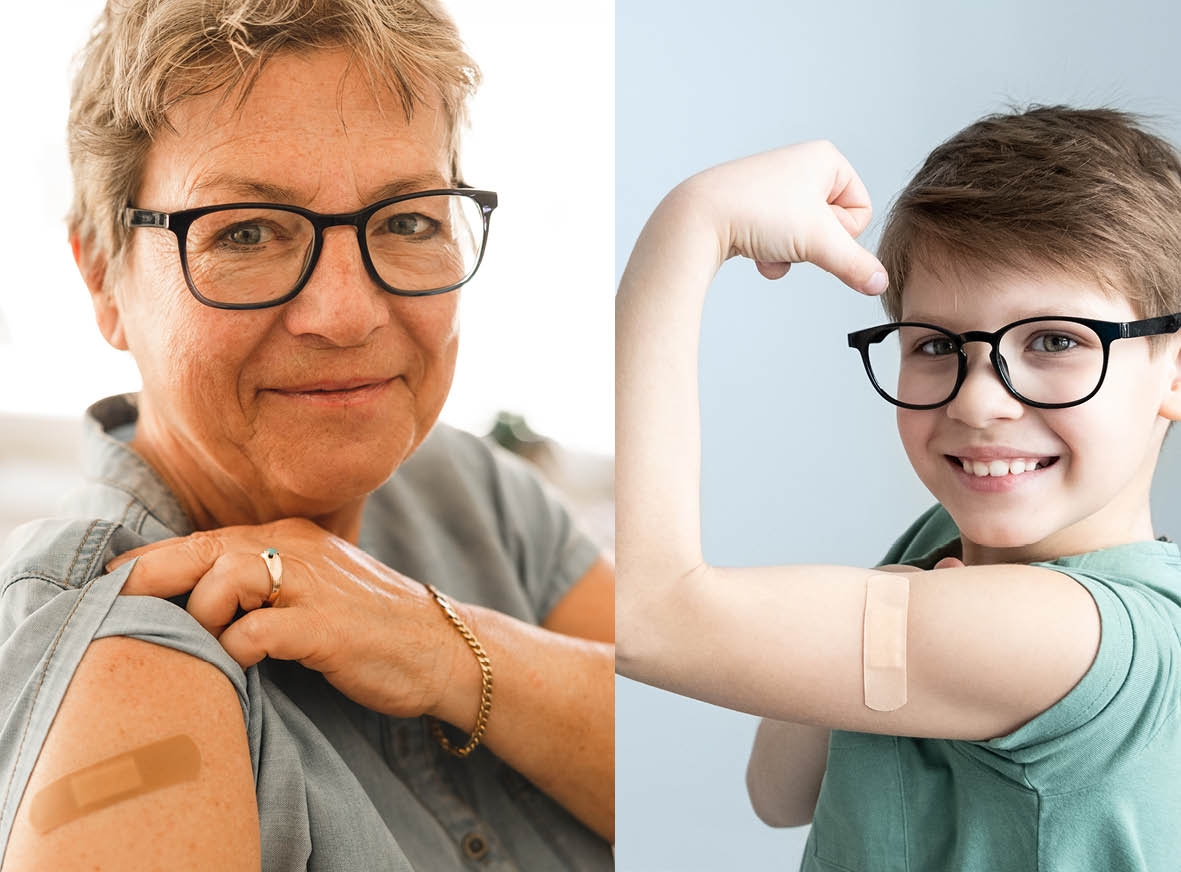Search
Showing results for "Professor"
Research
Experience of primary caregivers in utilising an mHealth application for remote dental screening in preschool childrenThis study aimed to address the acceptance of mHealth applications for a dental screening app that facilitates patient information entry and captures dental photos remotely to assist in caries diagnosis in preschool children in Australia.
Research
Common variation near ROBO2 is associated with expressive vocabulary in infancyIn this paper we conduct a genome-wide screen and follow-up study of expressive vocabulary in toddlers of European descent from up to four studies of the...
Research
Lack of replication for the myosin-18B association with mathematical ability in independent cohortsTwin studies indicate that dyscalculia (or mathematical disability) is caused partly by a genetic component, which is yet to be understood at the molecular...
Research
TOBY play-pad application to teach children with ASD-A pilot trial.To investigate use patterns and learning outcomes associated with the use of Therapy Outcomes By You (TOBY. Playpad, an early intervention iPad application.

News & Events
New Eye ClinicThere's a new children’s clinic to revolutionise diabetic eye treatment here in WA. The clinic is a collaboration between the Lions Eye Institute

News & Events
New tool guides families on RSV immunisationResearchers from the Wesfarmers Centre of Vaccines and Infectious Diseases, based at The Kids Research Institute Australia, have launched an online guidance tool designed to help families and health-care providers in WA learn the best way to protect babies and young children against life-threatening respiratory syncytial virus (RSV).

News & Events
The Kids Research Institute Australia launches Covid-19 booster research to inform Australia’s vaccine policyOptimising our national Covid-19 vaccine program could be one step closer thanks to new research now underway at The Kids Research Institute Australia investigating the most effective, long-term strategies for booster vaccinations.

The BioMood project will study how following a Mediterranean diet during pregnancy affects the gut microbiome, metabolism, and inflammation, with the expectation that it will promote a healthier microbiome and better mental health.
Research
Which emerging autism features at 12 months of age are associated with later parent-child interaction?Parent-child interactions (PCI) in infants with an elevated likelihood (EL) of autism start to diverge from other infants toward the end of the first year. This divergence is often attributed to emerging features of autism impacting infant social interactions in ways that become increasingly amplified. The aim was to identify which, if any, 12-month autism features were associated with later PCI qualities.
Research
Influences of bilingual input on English vocabulary size and academic outcomes: a large-scale longitudinal study following children in Australia from five to ten yearsResearch from large population-based studies investigating the language and academic outcomes for bilingual children is rare. The current study aimed to investigate the influence of dual language exposure on (i) English vocabulary outcomes at 5 years (126 bilinguals, 1675 monolinguals), and 10 years (vocabulary: 92 bilinguals, 1413 monolinguals:), and (ii) academic outcomes at 10 years (107 bilinguals, 1746 monolinguals).
